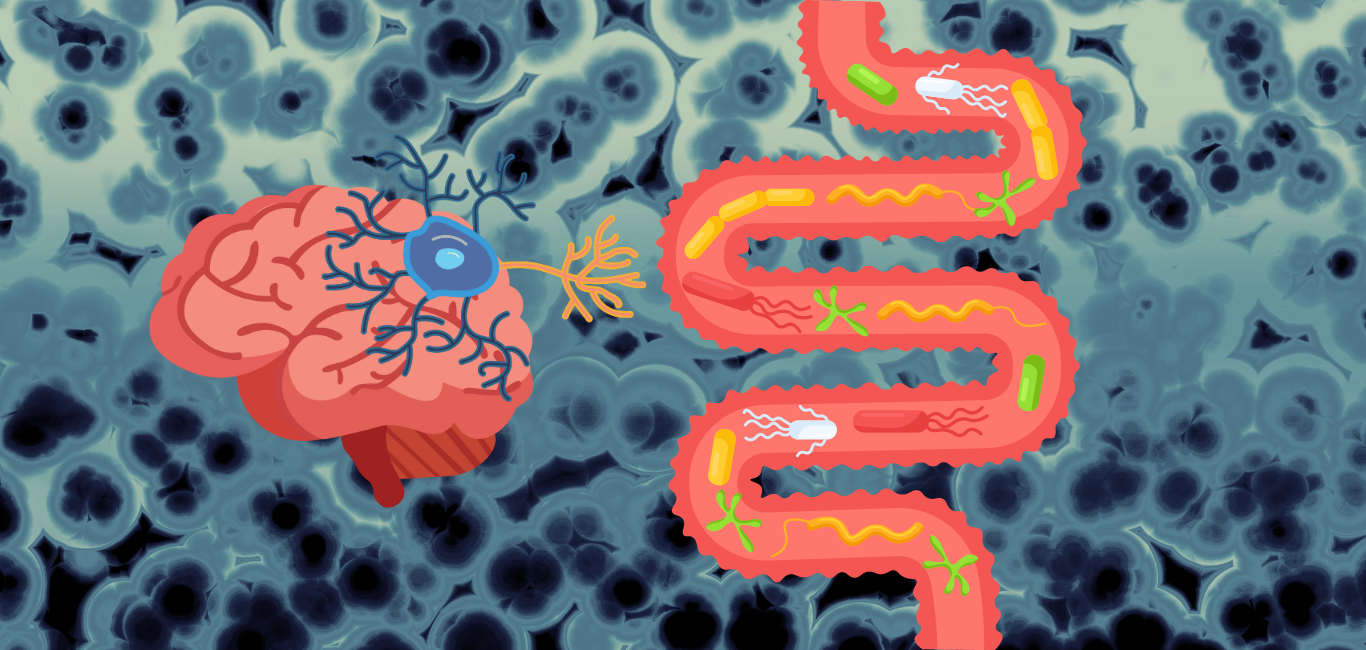Alzheimer’s disease is a condition that slowly affects the memory and thinking skills and eventually, the ability to carry out the simplest of tasks. It is characterised by the accumulation of abnormal clumps of protein called amyloid plaques and tangled fibres known as neurofibrillary or tau tangles in the brain. These changes are accompanied by the loss of neural connections responsible for transmitting messages within the brain and to the body’s muscles and organs.
Researchers have found that these brain changes begin a decade or more before the symptoms manifest.
Although we are yet to find a cure for the condition, early diagnosis and appropriate medical and caregiving support can help improve the quality of life for individuals with Alzheimer’s and their families.
“Alzheimer’s disease progresses through various stages, starting with mild symptoms and advancing towards more severe ones,” says Dr Shubha Subramanian, consultant neurologist based in Chennai.
Therefore, understanding these stages can help healthcare providers and family members in making informed decisions while taking care of people with Alzheimer’s, say experts.
These stages can vary in duration and severity and are described as follows:
1.Preclinical stage

This stage is often not noticeable, as individuals may not display any symptoms. “Initially, individuals may experience issues with short-term memory, such as misplacing their glasses or forgetting cooking steps, which are not highly noticeable,” says Dr Subramanian.
- Alzheimer ‘s-related brain changes, such as beta-amyloid plaques and tau tangles accumulation, begin to occur.
- Cognitive decline is not yet evident, but subtle brain changes may be detectable through advanced imaging or biomarker tests.
Read more – Study locates neurons that kickstart Alzheimer’s
2.Mild cognitive impairment due to Alzheimer’s

“[In this stage] Individuals start experiencing mild cognitive decline that is greater than expected for their age but not severe enough to interfere with daily life,” says Dr Subramanian.
- Common symptoms include forgetfulness, difficulty finding words and trouble with tasks that require planning and organisation.
- Some people with mild cognitive impairment due to Alzheimer’s may progress to dementia. In contrast, others may remain stable or improve slightly.
Read more – Dementia: a look into cognitive decline
3. Early-stage or mild Alzheimer’s disease

This is the stage where Alzheimer’s symptoms become more noticeable and begin to impact daily functioning. The affected may have trouble recalling recent events but can often recall distant memories. “Older memories are stored in various regions of the brain, but the recent memories are pertained only to the temporal lobe,” says Dr Subramanian.
- Difficulty with complex tasks, planning, and organisation.
- Spatial disorientation, which can lead to getting lost in familiar places.
- Mood and personality changes, such as increased irritability, anxiety or depression.
Persons in this stage may still be able to perform basic activities of daily living like dressing or eating but struggle with more complex tasks, says Dr Subramanian. “It becomes challenging to perform complex tasks that involve planning and executing activities, like organising a party or managing invitations.”
4.Moderate Alzheimer’s disease

As Alzheimer’s progresses, symptoms become more visible. Memory loss intensifies, and the person may not recognise close family members or friends.
- Communication becomes difficult, with difficulty finding words and following conversations.
- Disorientation to time and place becomes more severe.
- Behavioural changes, such as agitation, aggression, and wandering, are common.
“Their daily functioning deteriorates, and they become semi-dependent. Individuals require help with daily tasks like bathing, toilet purposes, wearing clothes and mobility,” says Dr Subramanian.
Read more- Lifestyle management key in fight against dementia surge
5. Severe Alzheimer’s disease

The severe stage causes significant cognitive and functional loss. Individuals may be unable to communicate verbally, recognise loved ones or perform basic self-care tasks.
- Motor skills decline, leading to difficulty swallowing and walking.
- The individuals may be unable to maintain personal hygiene or maintain bowel and bladder inconsistency; therefore, the risk of infections and other health complications increases.
- They become withdrawn, insecure and feel threatened most of the time.
- At this stage, they require 24/7 care and support.
However, the progression of Alzheimer’s can vary among individuals; not everyone will experience all these stages in the same way or in the same order.

















